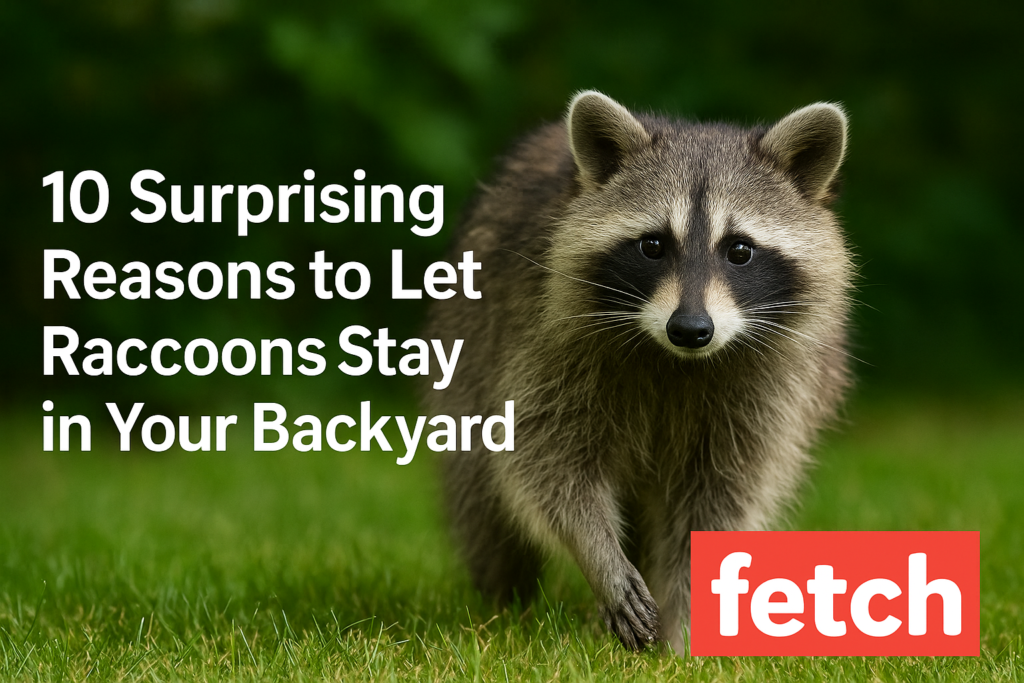
Raccoons might seem like mischievous backyard visitors, but there’s more to these clever creatures. Let’s take a closer look at some unexpected benefits of letting raccoons stick around your outdoor space. You might just find they bring more good than trouble.
1. Natural Pest Control
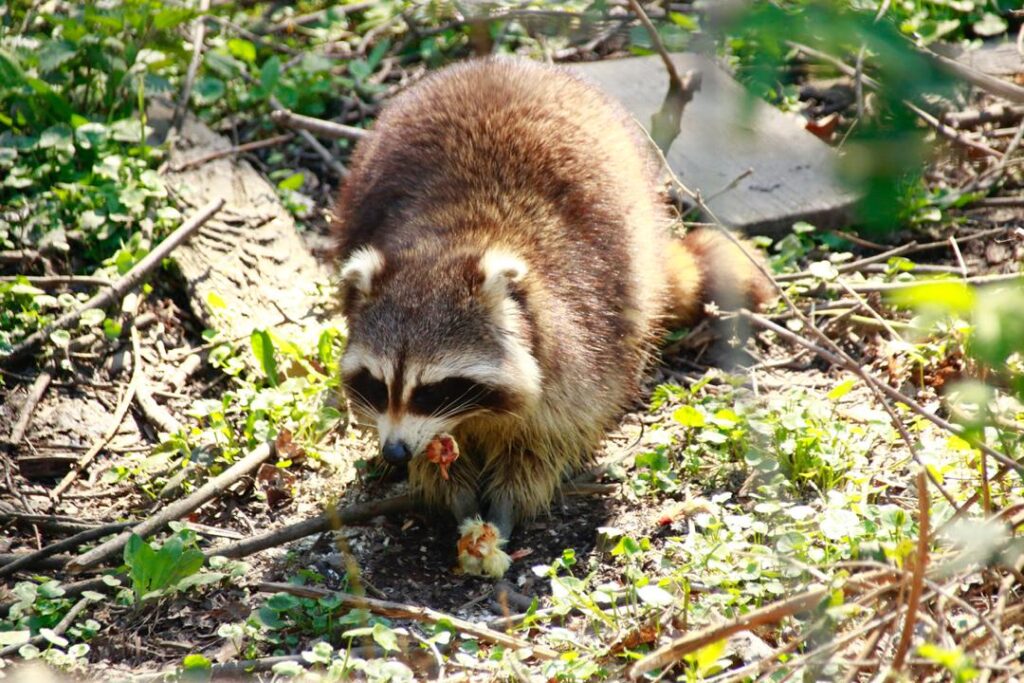
Raccoons are expert foragers, and their diet includes beetles, grubs, and other garden pests. By snacking on insects that would otherwise damage your plants, raccoons can help keep your garden healthier without the need for chemical pesticides. Their nightly patrols can mean fewer unwanted bugs and a more balanced backyard ecosystem.
Source: bigblogofgardening.com
2. Decomposition Helpers
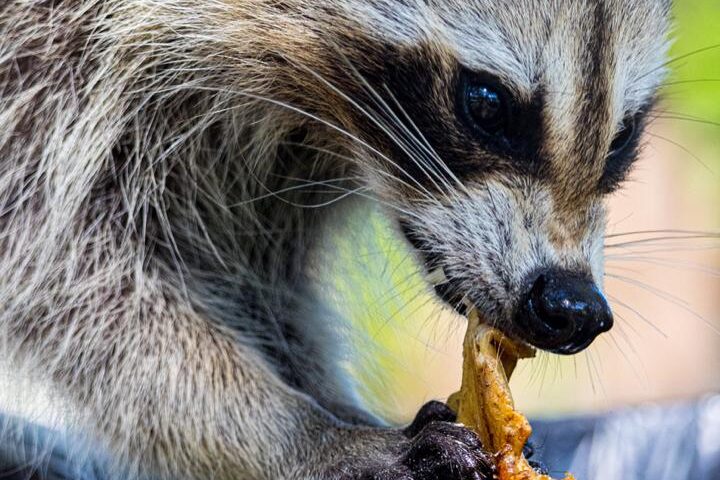
Raccoons contribute to the decomposition process by scavenging on carrion (dead animals). They help remove decaying animal matter from the environment, which can benefit ecosystems by controlling disease spread and helping to break down organic material. Their natural curiosity can actually benefit your composting efforts by accelerating the process.
Source: shadowhabitat.org
3. Seed Dispersers
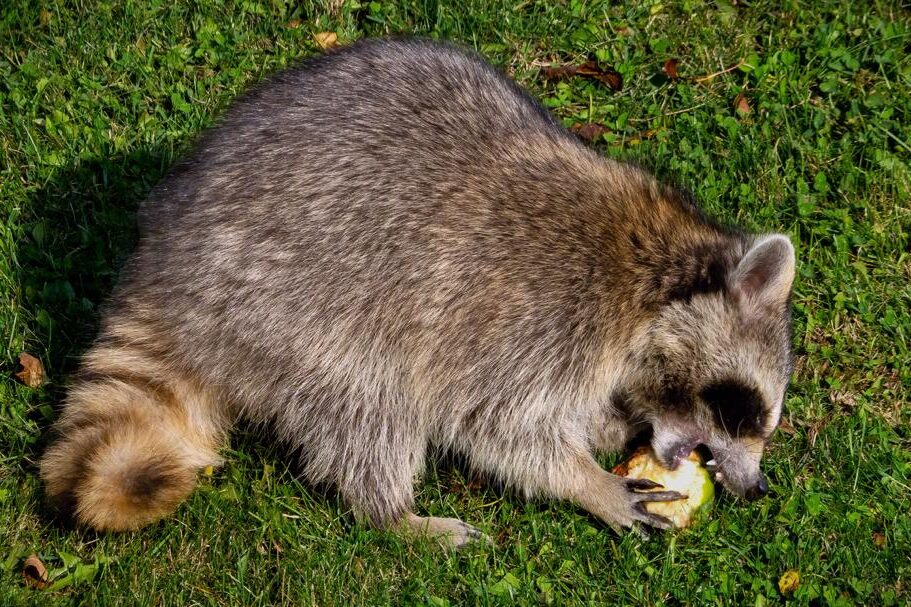
Raccoons love fruit, and as they munch on berries and other produce, they spread seeds throughout your yard. This natural seed dispersal helps new plants grow, increasing the diversity of your backyard flora. Over time, you might notice wildflowers and shrubs popping up in unexpected places, it’s all thanks to your furry visitors.
Source: palosverdespulse.com
4. Wildlife Watching
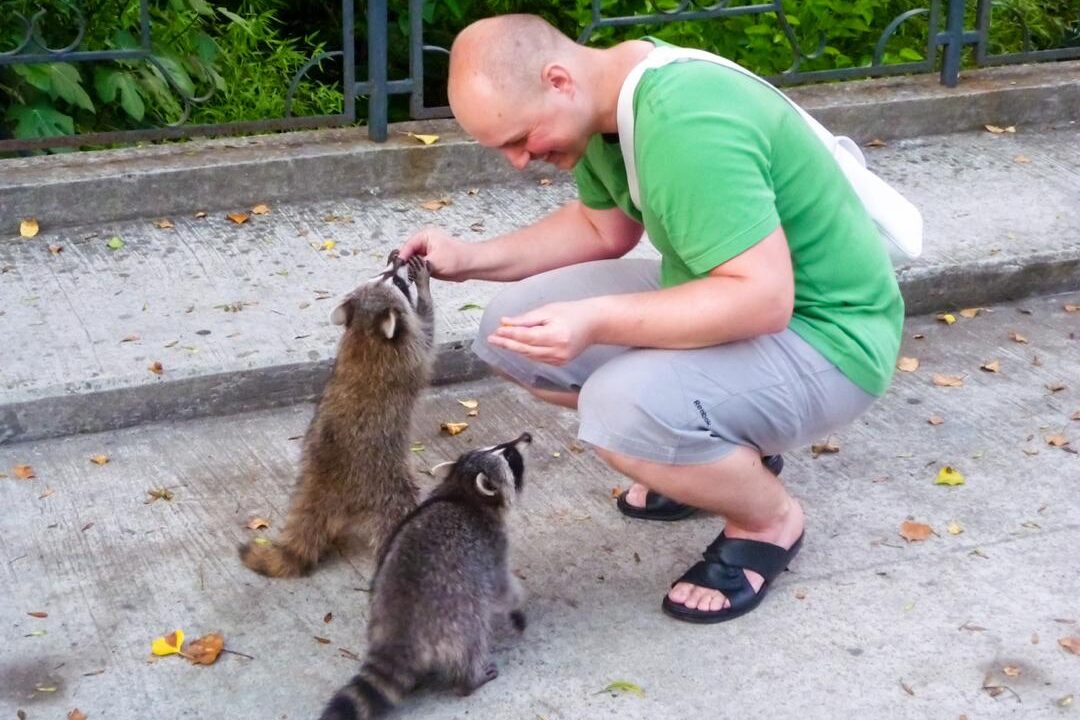
Having raccoons around offers a front-row seat to fascinating wildlife behavior. Watching them wash food, climb trees, or interact with one another can be endlessly entertaining. Their antics also bring a touch of the wild right to your doorstep, making your yard feel like a mini nature reserve.
Source: mass.gov
5. Enriching Soil Health
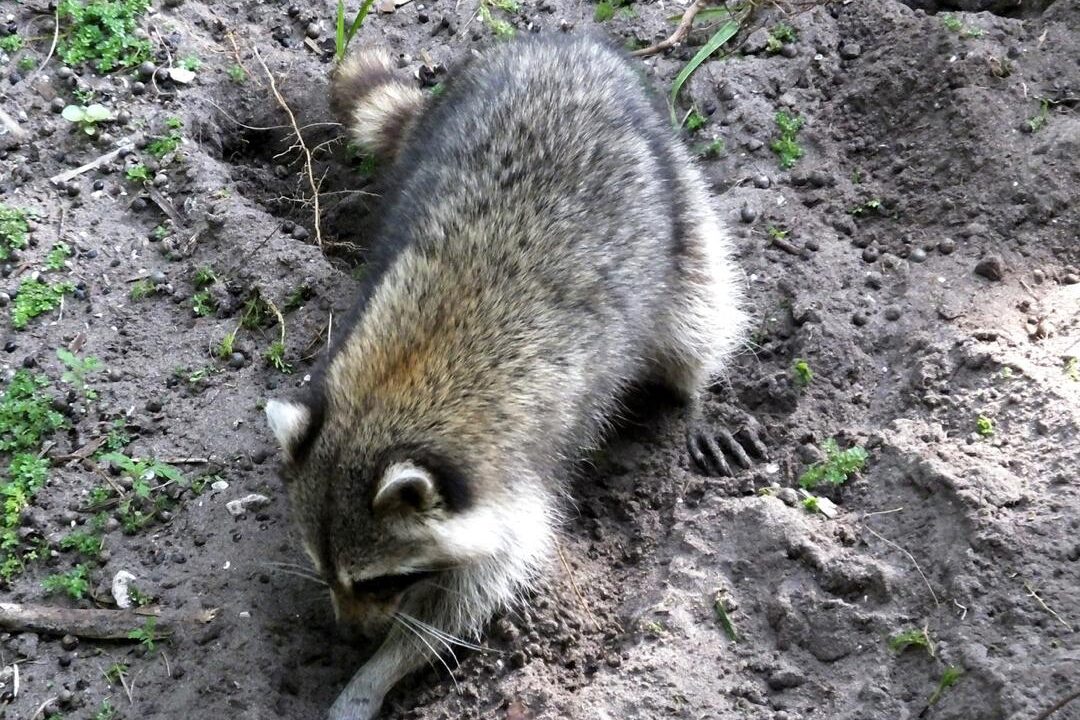
As raccoons dig for insects or bury food, they turn over the soil, helping to aerate it naturally. This gentle tilling can improve soil structure and promote healthier plant roots. It’s a small but meaningful way raccoons contribute to the overall health of your garden beds.
Source: palosverdespulse.com
6. Supporting Local Food Chains
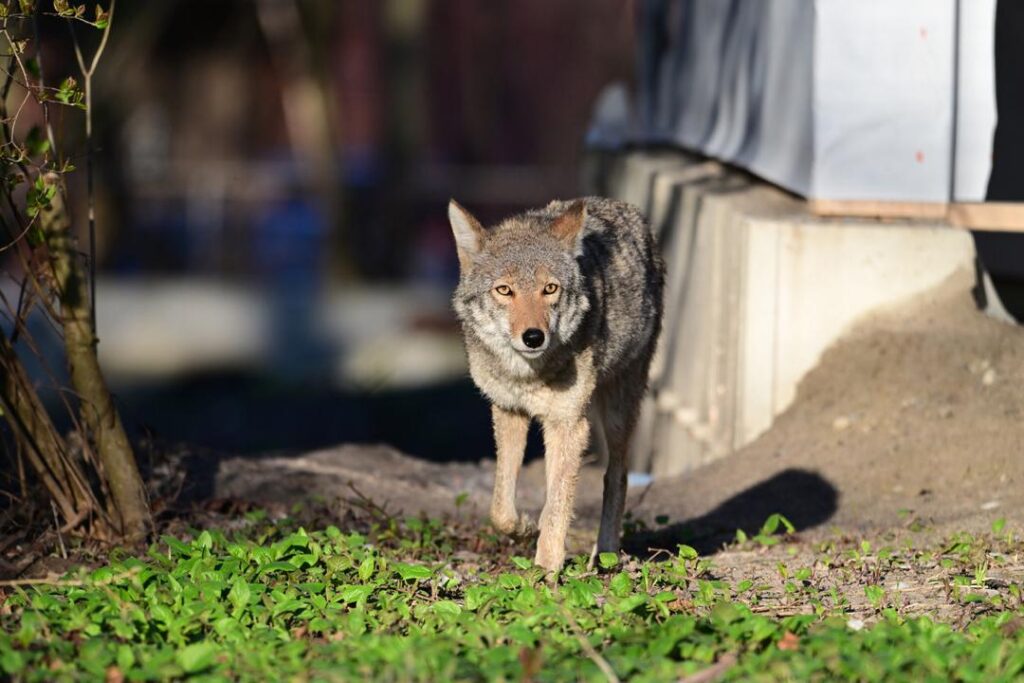
Raccoons are an important part of the food web, serving as both predator and prey. Their presence supports local predators like owls, foxes, and coyotes, which rely on raccoons for sustenance. By letting raccoons stay, you help maintain a balanced ecosystem that benefits many other species.
7. Natural Clean-Up Crew
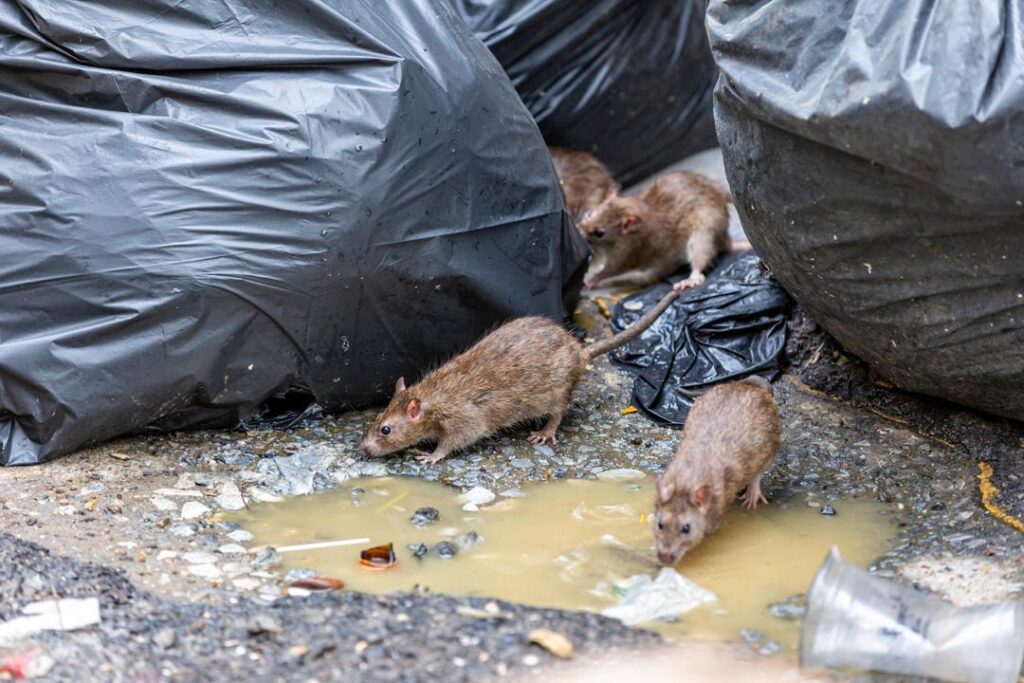
Raccoons are scavengers, so they help clean up fallen fruit, leftover pet food, and other organic debris that might otherwise attract less welcome pests like rats. Their tidying habits can keep your yard a bit neater and reduce the risk of secondary infestations.
8. Encouraging Biodiversity
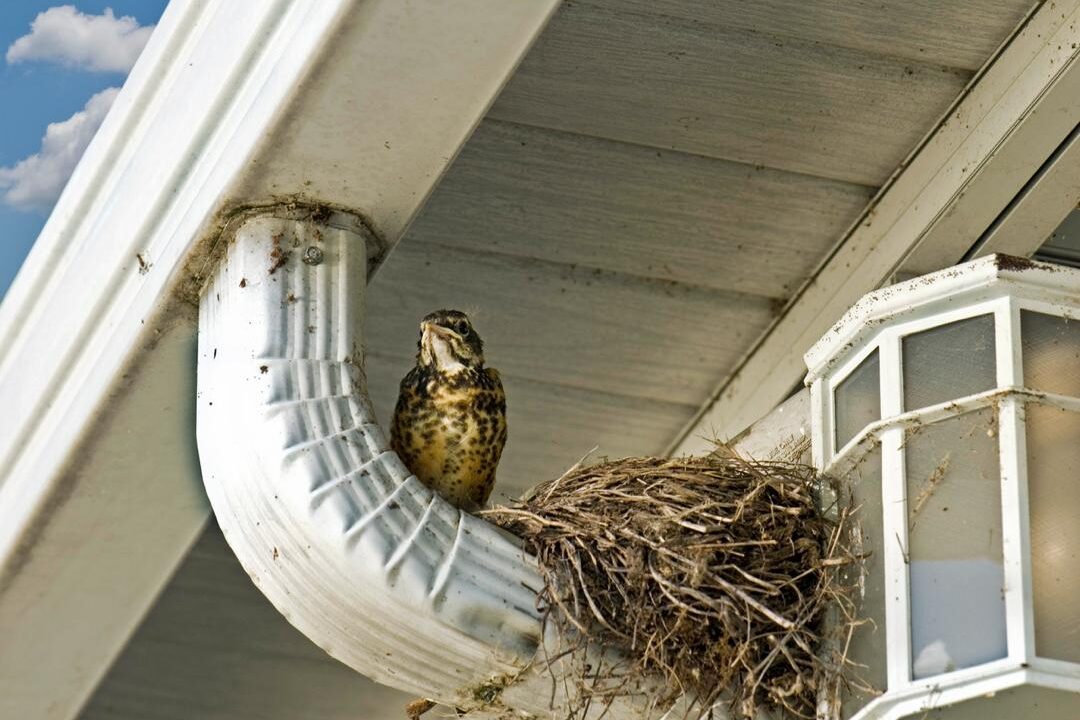
Allowing raccoons to coexist in your backyard can attract other wildlife, from birds to beneficial insects. The more species you have, the healthier and more resilient your local ecosystem becomes. Raccoons are just one piece of a bigger piece that makes your outdoor space vibrant and alive.
9. Educational Opportunities
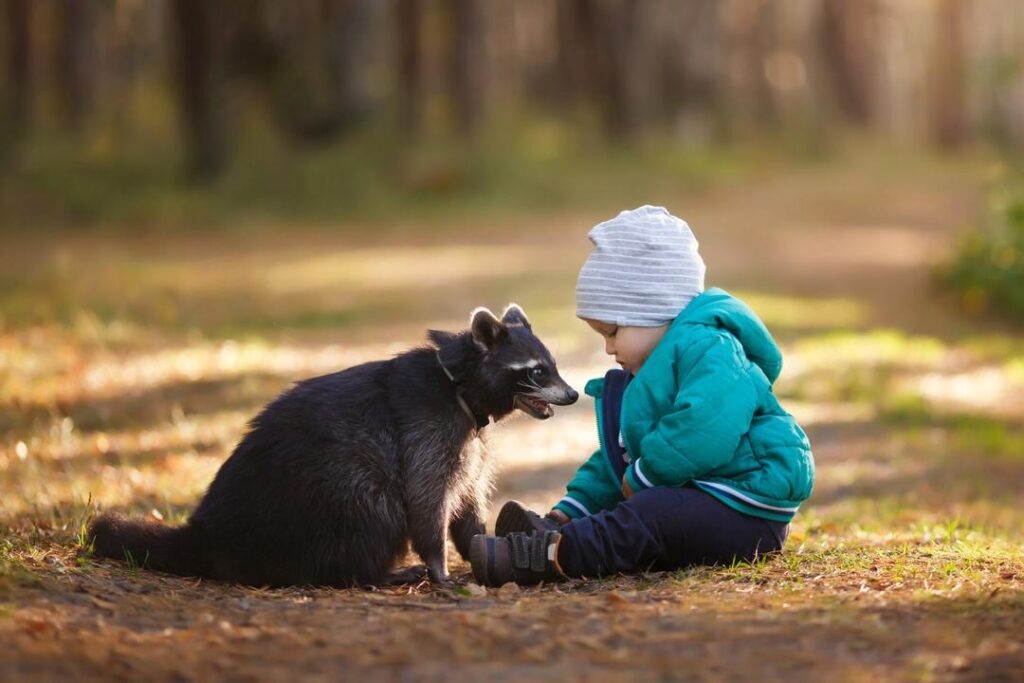
Observing raccoons up close gives you a chance to teach children about wildlife, animal behavior, and the importance of respecting nature. It’s a hands-on way to foster curiosity and environmental stewardship, turning your backyard into a living classroom.
10. A Reminder to Secure Trash

Finally, raccoons are a gentle nudge to keep your garbage and pet food secure. Their presence encourages better waste management habits, which can benefit your whole neighborhood by reducing litter and discouraging other, less desirable pests. Letting raccoons share your backyard might take some getting used to, but appearance have surprising benefits.
If you’ve enjoyed reading our discovery stories, why not share your own backyard wildlife stories or tips in the comments? Let’s keep the conversation going!


